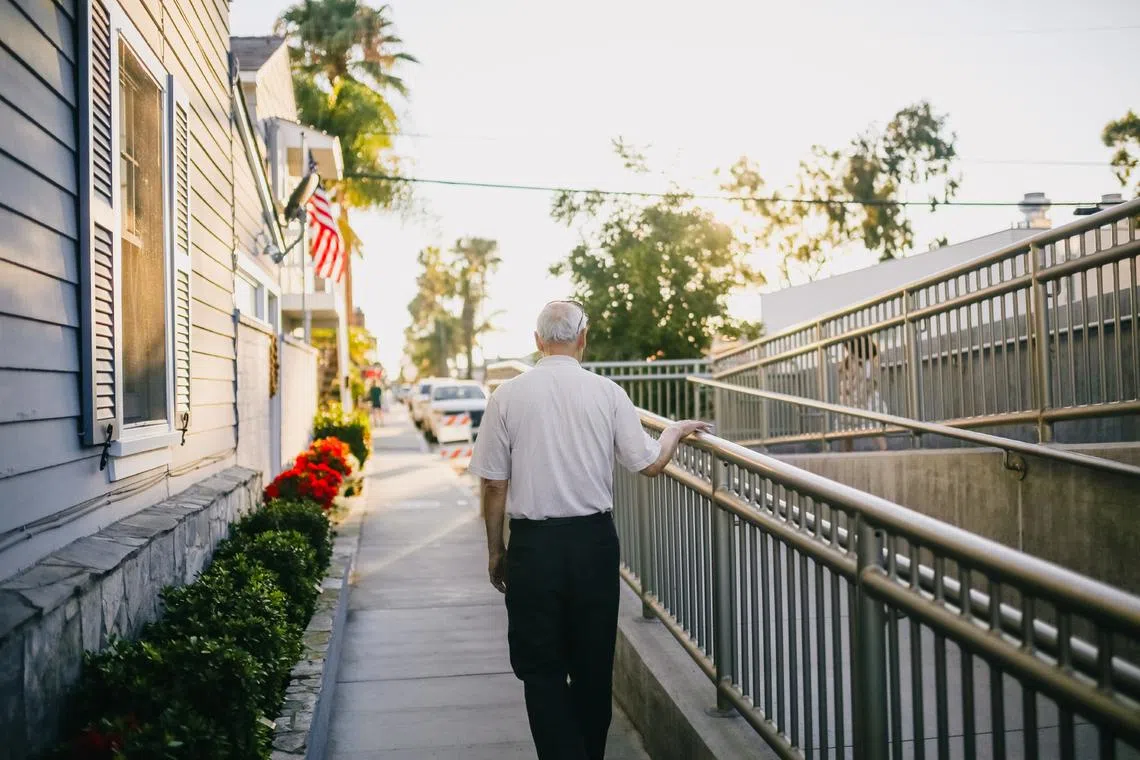For subscribers
As a doctor, I see ageing differently
The field of anti-ageing is gaining credibility, with tantalising data suggesting that science might be able to extend not only lifespan but also ‘health span’
Sign up now: Get ST's newsletters delivered to your inbox

A human lifespan has a clear arc that ends naturally somewhere around the eighth or even ninth decade.
PHOTO: PEXELS
Daniela J. Lamas
Follow topic:
When doctors talk about patients in the hospital, we so often begin with age. A 75-year-old man with shortness of breath. A 30-year-old woman with joint swelling. Knowing our patients’ ages allows us to focus on the most likely diagnoses and to develop a mental image of the patient before we enter the room.
But it also serves another purpose. As doctors, we find ourselves using age to frame the patient’s story and in effect to grade its degree of tragedy. A college student dying from respiratory failure after the flu is unacceptable, an end we must fight against with all that we have. But if this patient were in her 80s, we might think differently of the narrative and the appropriate clinical interventions. Someone in her 30s should receive aggressive chemotherapy or a risky surgery or an organ transplant, but for someone in her 70s, those same interventions might do more harm than good.

